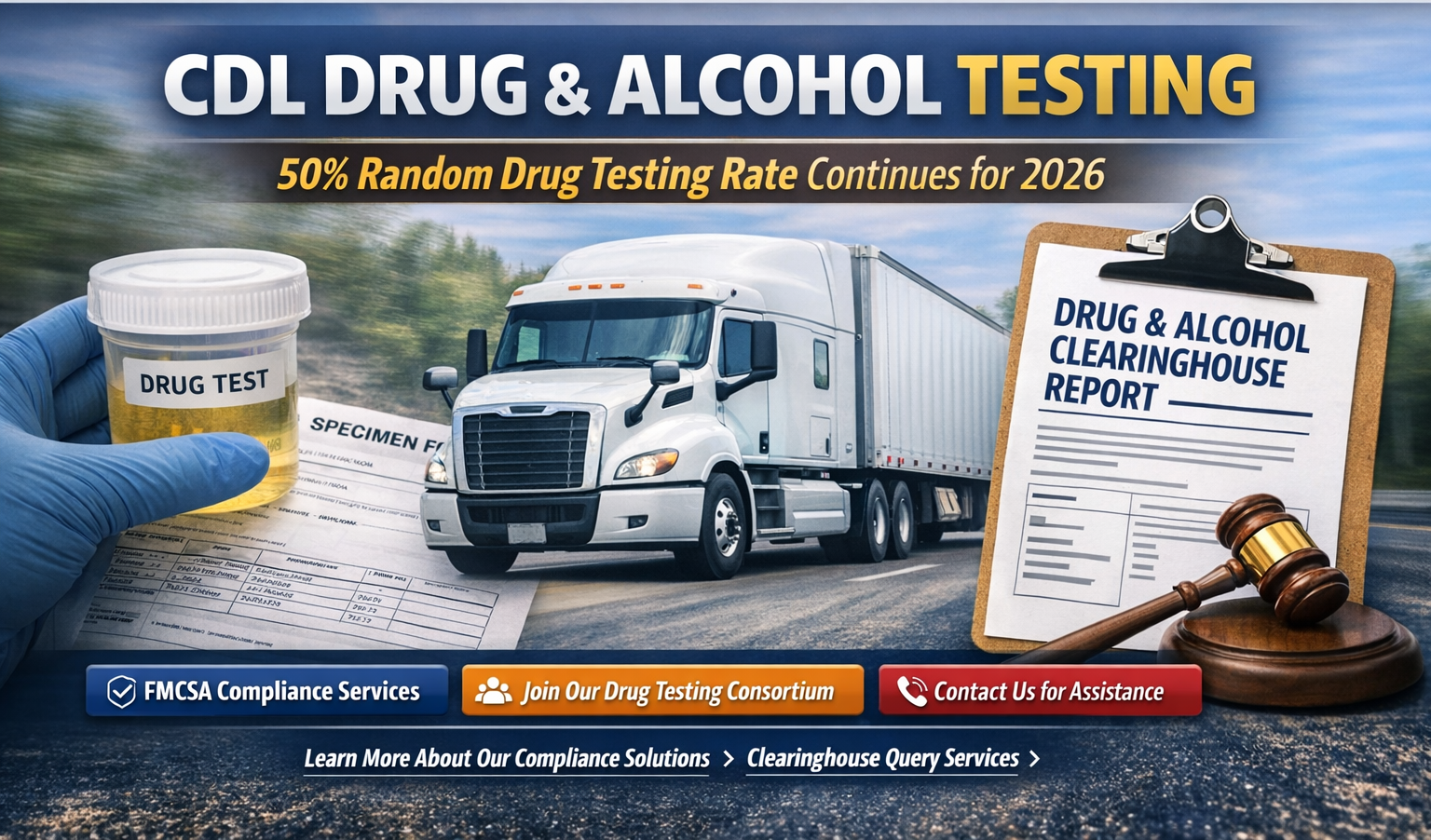Guide to Class 8 Truck Titling & Permits
June 10, 2025
Share this article:

Operating a fleet of Class 8 trucks across state lines requires more than just logistics know-how—it demands rigorous compliance management. For fleet managers, navigating vehicle titling, licensing, and permitting isn’t optional. It’s critical to ensuring that every truck in your operation stays legal, safe, and on the road.
This guide breaks down what you need to know to keep your fleet compliant and avoid costly delays.
1. Vehicle Titling: Get the Foundation Right
Titling establishes legal ownership and is the first step in fleet compliance. Every Class 8 truck must be properly titled in your base state before registration or operation begins.
What Fleet Managers Should Do:
- Maintain a centralized record of bills of sale, MCOs, and lienholder documents
- Transfer out-of-state titles promptly to avoid IRP delays
- Ensure lienholder-released titles are followed up and filed
⚠️ Pro tip: Title delays can stall fleet deployment and interrupt insurance coverage.
2. Licensing: Apportioned Plates Under the IRP
To operate across state lines, trucks need apportioned license plates through the International Registration Plan (IRP). IRP registration distributes fees based on mileage traveled in each state.
Responsibilities for Fleet Managers:
- Maintain an active IRP account in your base jurisdiction
- Track mileage by jurisdiction using ELDs or fleet software
- Renew apportioned plates annually and prepare for random audits
💡 Avoid fines by ensuring mileage reports are accurate and submitted on time.
3. Permitting: Crossing Borders Without Breaking Rules
Permits are essential for operating legally in multiple states. As a fleet manager, you need to stay ahead of several layers of permitting requirements:
Key Permits to Track:
- UCR (Unified Carrier Registration) – Required annually for all interstate carriers
- IFTA (International Fuel Tax Agreement) – Requires quarterly fuel tax reporting
- OS/OW Permits – For loads exceeding legal size/weight limits
- Trip & Fuel Permits – Temporary coverage for trucks not registered under IRP/IFTA
📍 Tip: States have different rules and fees—coordinate permits in advance when routing oversize loads.
4. Avoid These Costly Mistakes
Even small lapses in compliance can have serious consequences. Watch out for:
- Missed IRP or IFTA renewals
- Inaccurate mileage or fuel records
- Unpermitted oversize or overweight loads
- Unresolved lienholder title issues
🚨 Non-compliance can lead to vehicle detainment, delivery delays, and financial penalties.
5. Best Practices to Stay Ahead
Smart fleet managers follow systems—not just checklists.
- Assign a compliance coordinator on your team
- Use fleet management software to track renewals and records
- Work with experts like National Fleet Services LLC to simplify audits and filings
Need Help Managing Fleet Compliance?
At National Fleet Services LLC, we help fleet managers handle the complexity of Class 8 vehicle compliance—from titling and IRP setup to fuel tax reporting and permit tracking.
✅ Minimize downtime
✅ Avoid fines and audits
✅ Streamline operations
Contact us today to schedule a compliance review or set up a custom fleet management plan.
📞 Call us at (800) 918-3035
📧 Email: Daisy Rangel @ drangel@mailnfs.com
fleet insights






